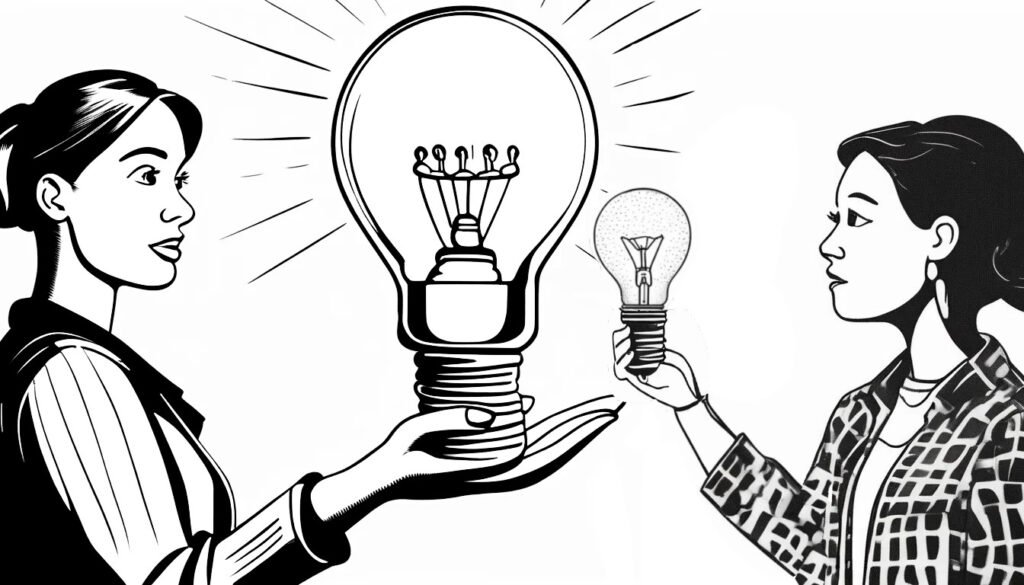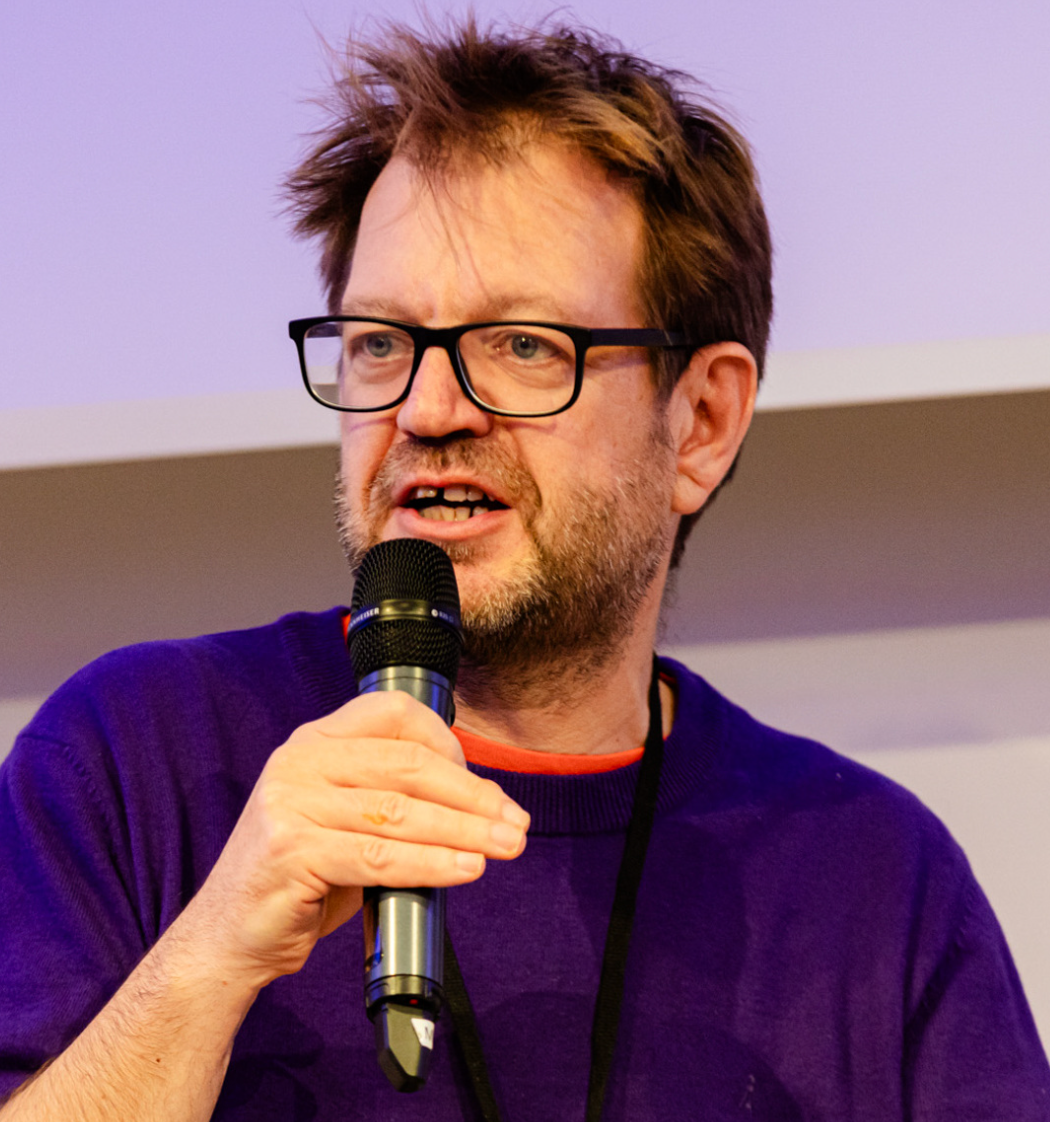Powering Inequality: unveiling the true costs of energy access
22 October 2024

Passionate about technological equity and human rights. Insights into the global challenges of energy access, FORUM hosted a panel debate that delved into the complex interplay between energy accessibility and socioeconomic disparities.
Discussion Topics
- How could we navigate unequal energy access and highlight the implications of universal access?
- What were the impacts of striving for balanced technological access, considering the significant energy needs and environmental consequences involved?
- Could we address the demand and eliminate inequality?
- What did ongoing energy resource needs reveal about the direction of our global society?
This debate explored the intersecting realms of activism, citizenship, technology and human rights, shedding light on how unequal access to energy perpetuated socioeconomic disparities across the world.
The event was followed by a networking session.
Moderator

Ulli Lich is a PhD student at the University of Siegen and a guest researcher at the Reiner Lemoine Institute in Berlin, focusing on the intersection of electrification, gender and empowerment. Her research combines qualitative and quantitative methods to examine how energy access influences household dynamics, gender roles, and economic opportunities, particularly in underserved regions. With practical field experience in Uganda and Nigeria, Ulli is passionate about exploring how sustainable energy solutions can foster social justice and gender equality. She holds a master’s degree in Development Economics and International Studies from the Friedrich-Alexander University Erlangen-Nuremberg and bachelor’s degrees in East Asian Studies and Political Economy from the University of Heidelberg. Ulli has also gained international experience in China and South Africa, where she studied and worked. Work
Debaters

Alistair Alexander is a researcher on the social and ecological impact of technology. Recent projects include: researching regenerative futures for AI and digital infrastructures with Bath Spa University, teaching a seminar on “Ecologies of technology” at the University of Europe for Applied Sciences. Alistair created a series of display banners, “Connection Matters”, for the exhibition Invisible Networks in Berlin and engages a diverse range of people with projects such as the Doughnut Economic Model for Tech, and also How Social Networks could be more like Funghi Networks. Website Substack

Benjamin Johnson finished his Ph.D. in physics in 2010 at the Technische Universität Berlin with a thesis on thin layer solar cells. Later, he focused on catalytic materials for alternative fuels. In 2015, Benjamin began research in science history, investigating progress in science and technological innovation. This work resulted in the book Making Ammonia (Springer, 2022). Continuing in the direction of developing new perspectives on science and the public sphere, he now works to increase understanding of the current energy transition by combining the natural sciences with history, policy and voices from civil society. Website #1 Website #2

Márcia Dantas de Lima has a law degree from UFPB Brazil, and worked for more than 10 years as a lawyer with focus on Human Rights and Environmental Law. In 2022, she completed an MBA at ESCP Business School, specialising in financial investments aimed at climate, environmental and social impact. She is currently Carbon Market Strategist at biometrio.earth GmbH. She is passionate about developing impactful social-environmental initiatives that create value for organisations.
